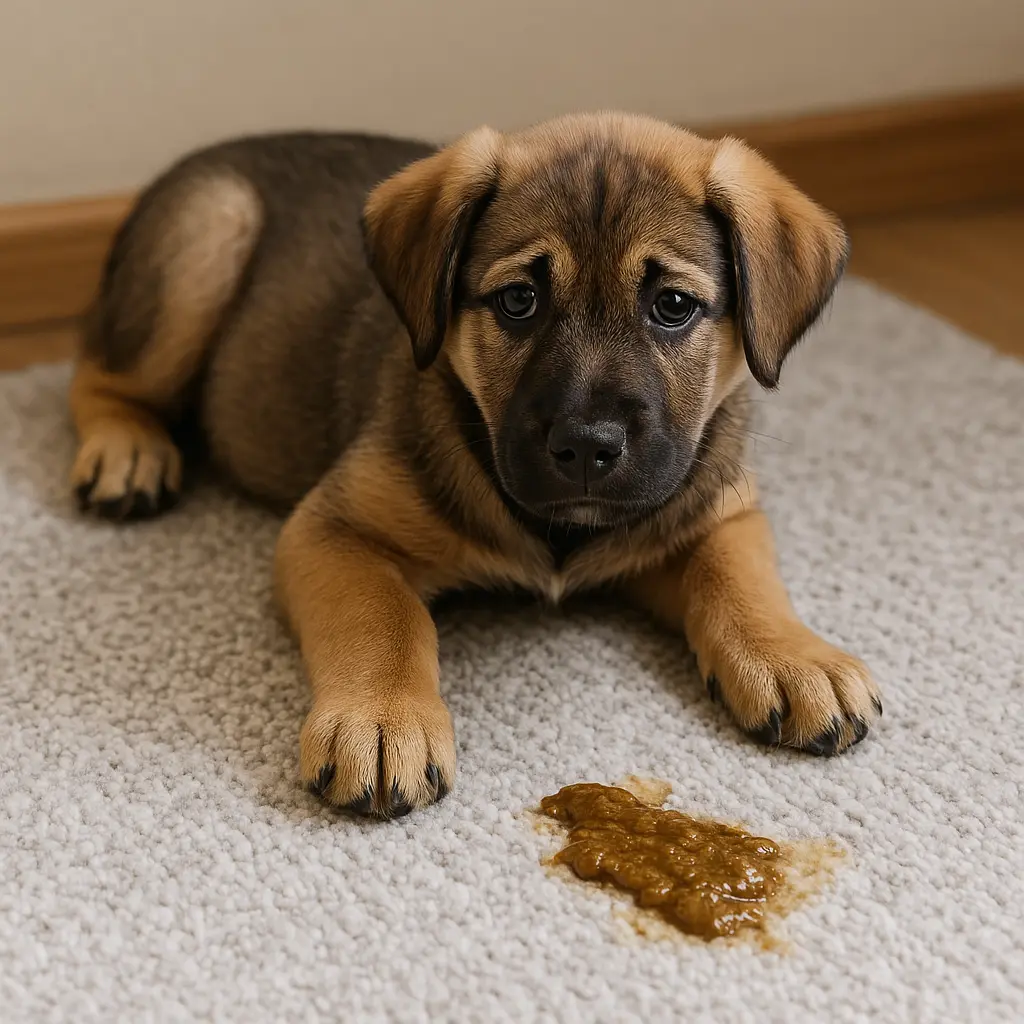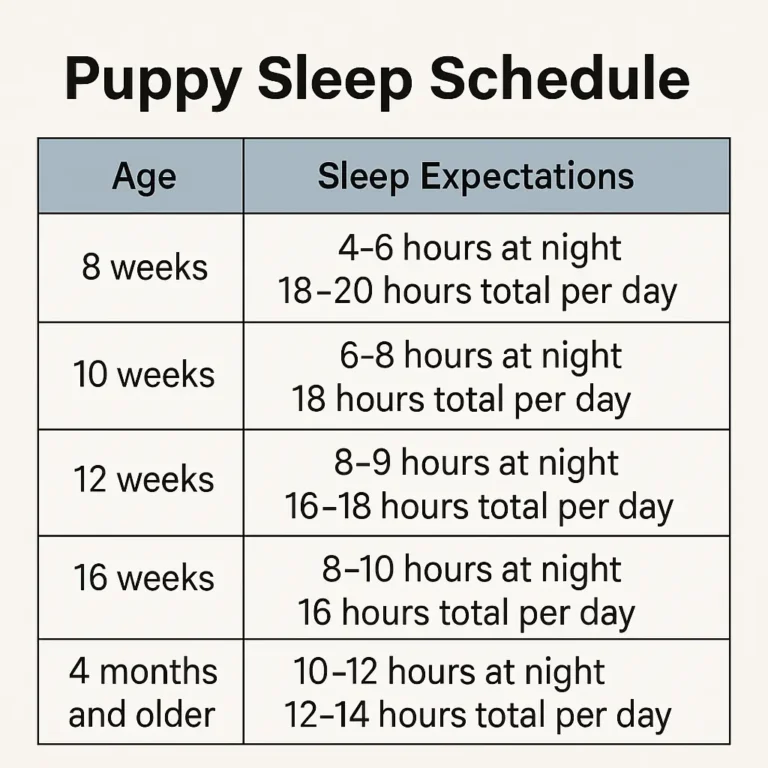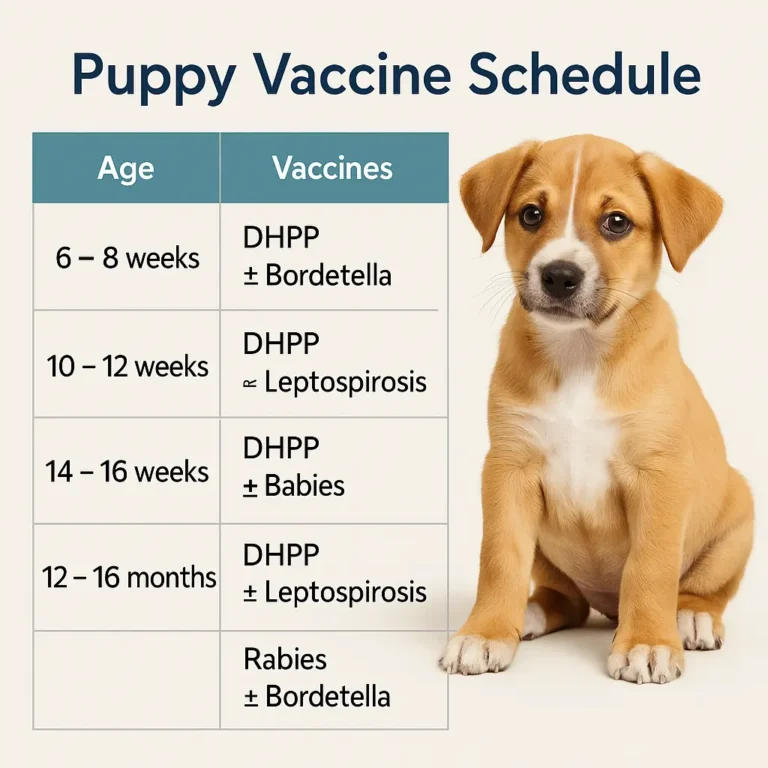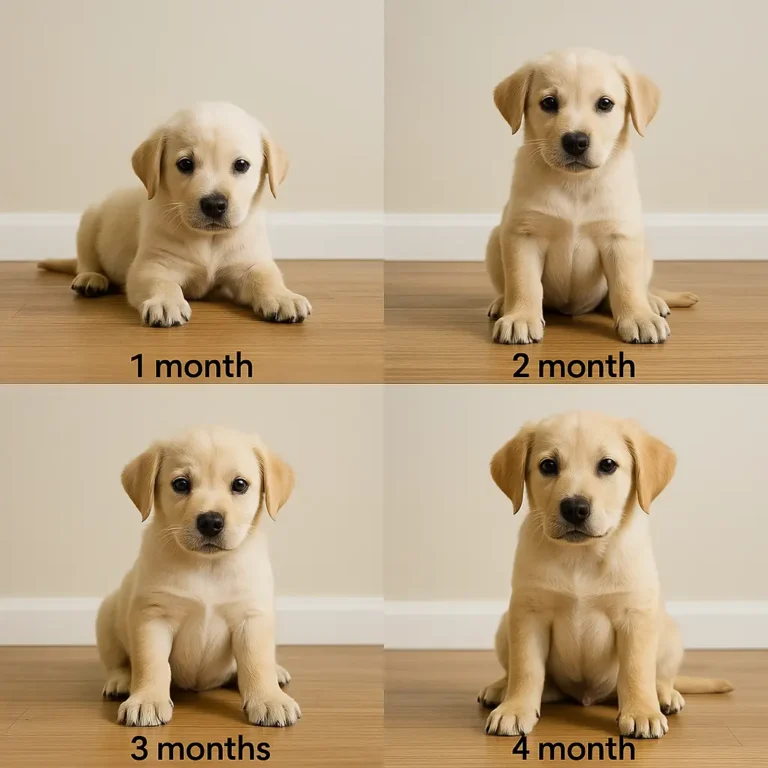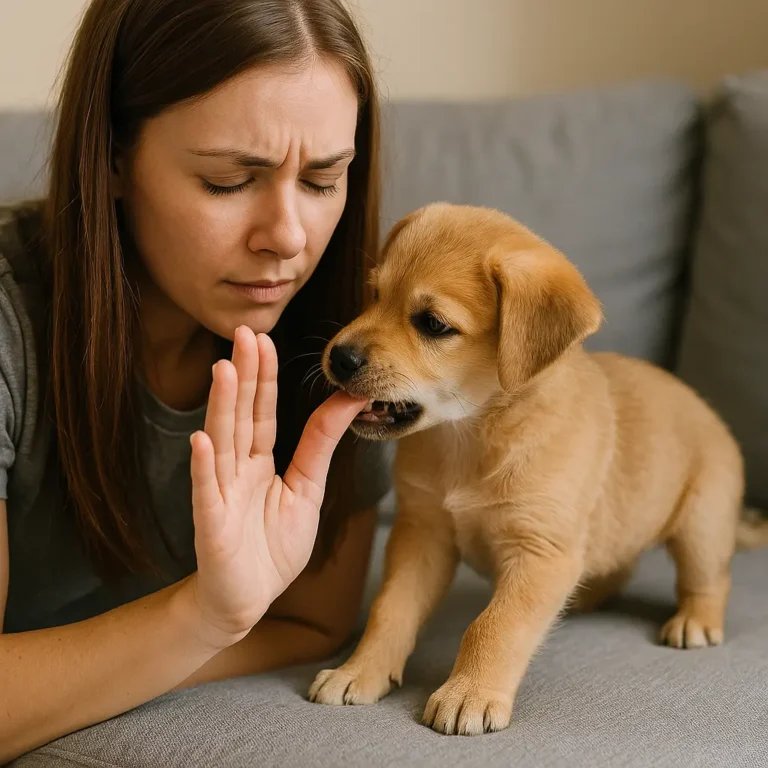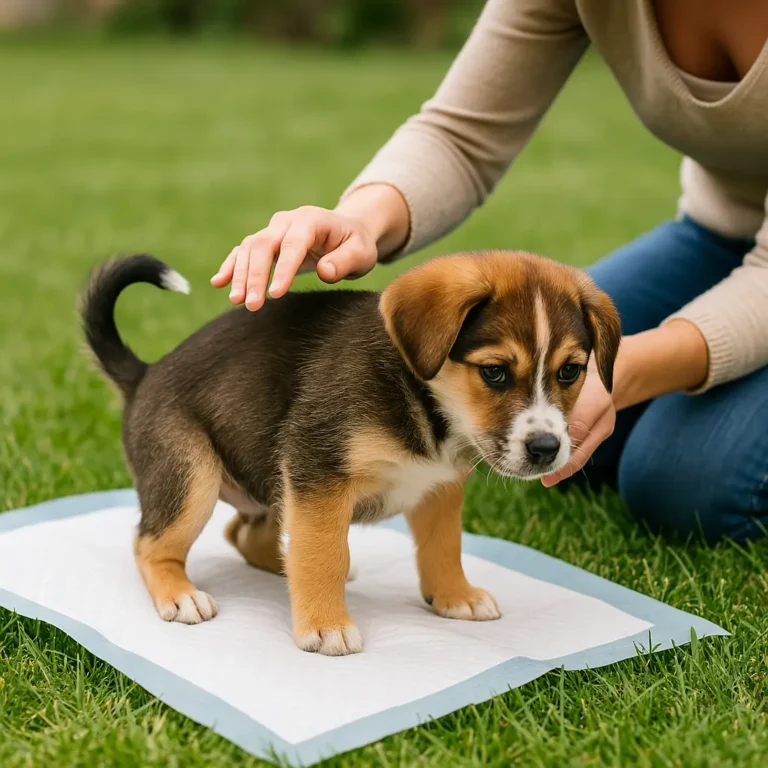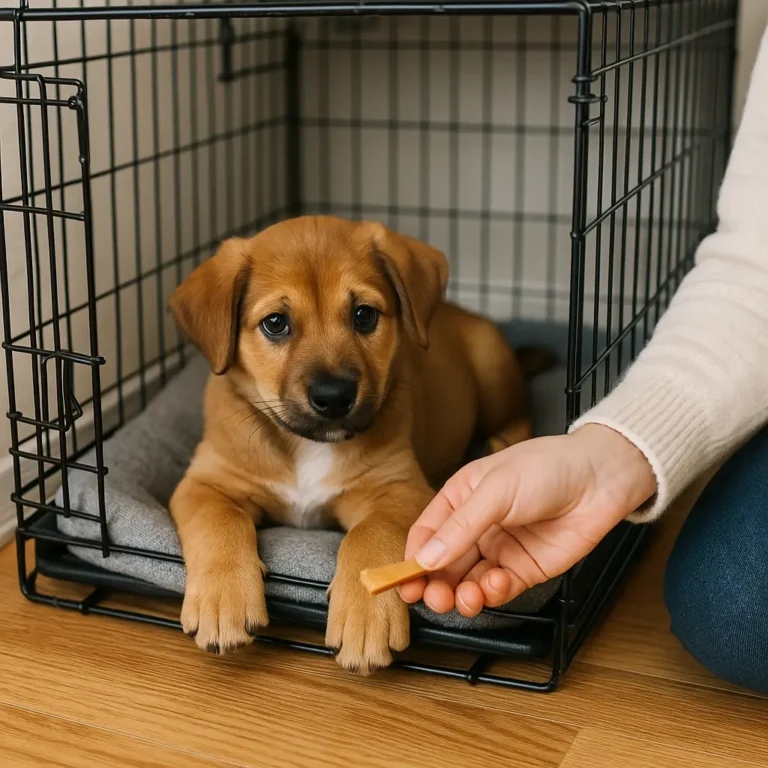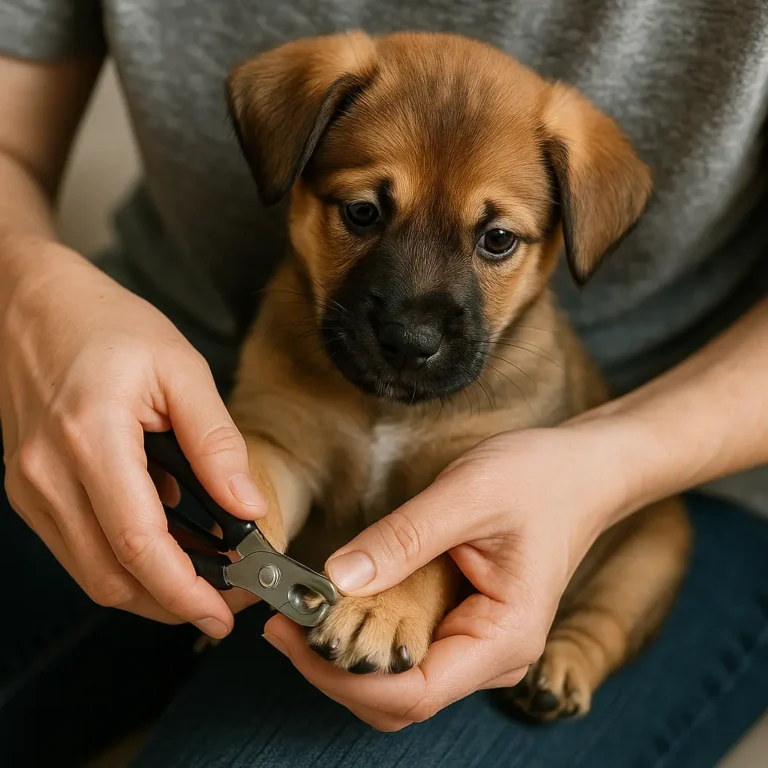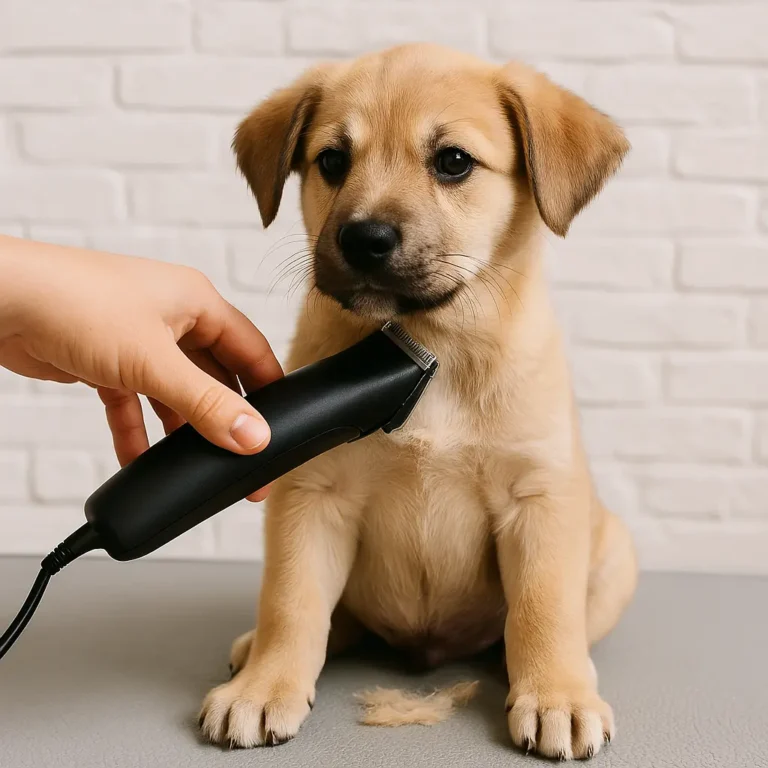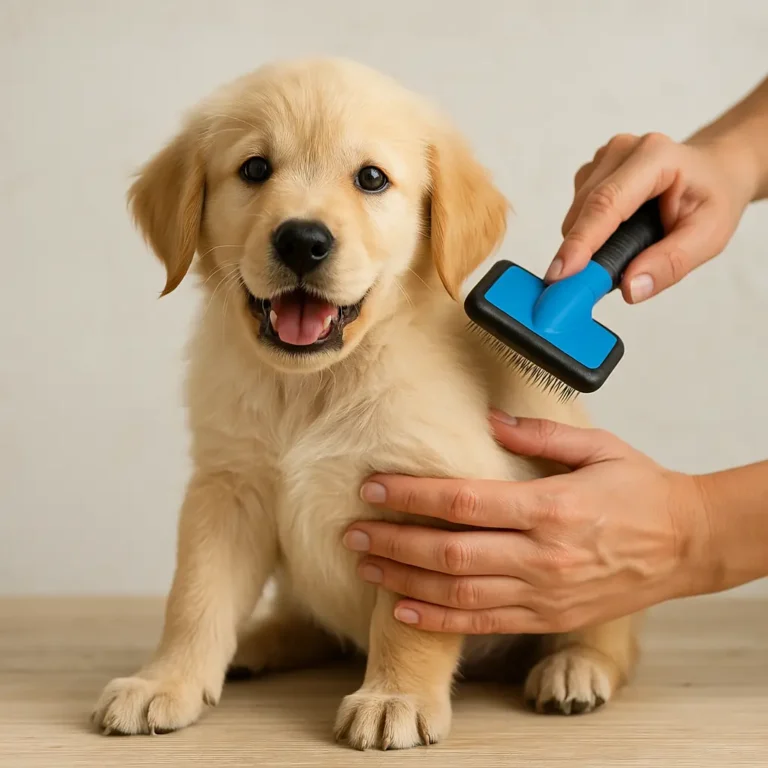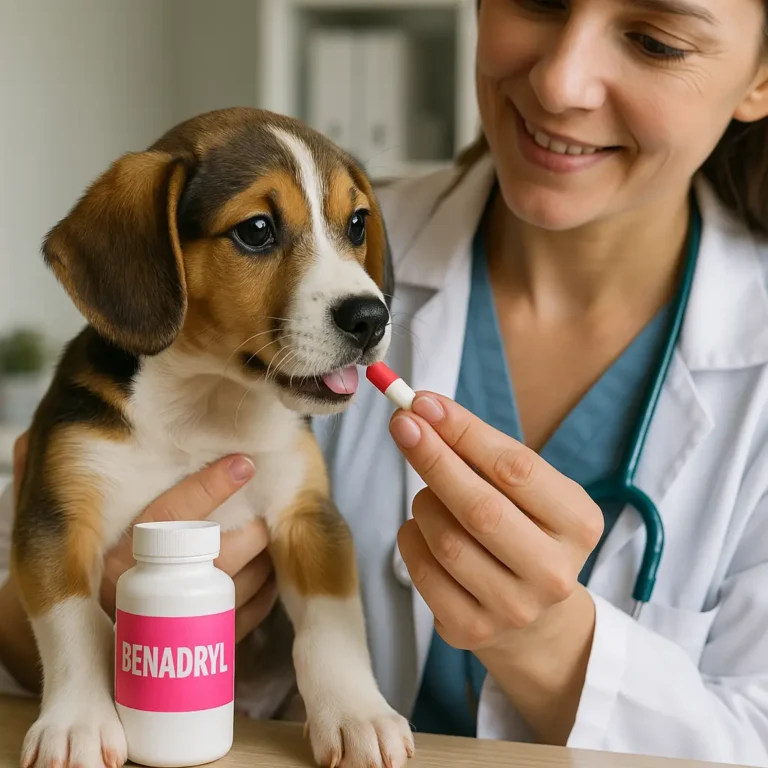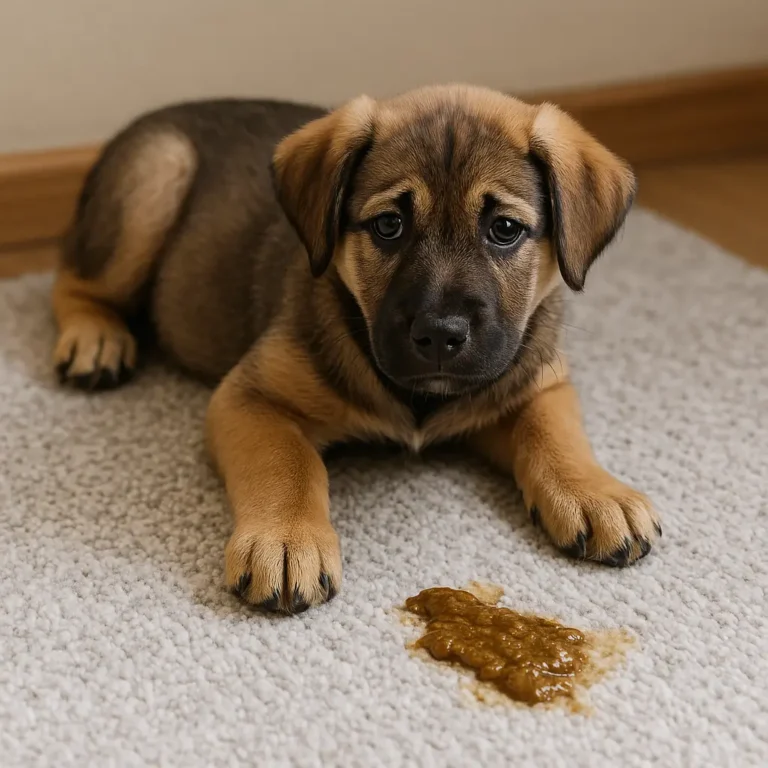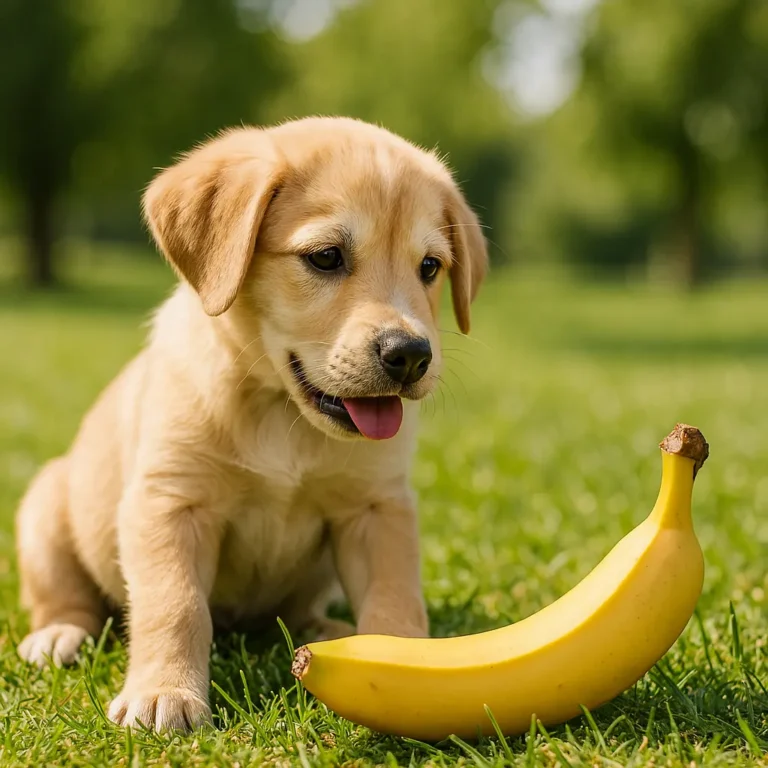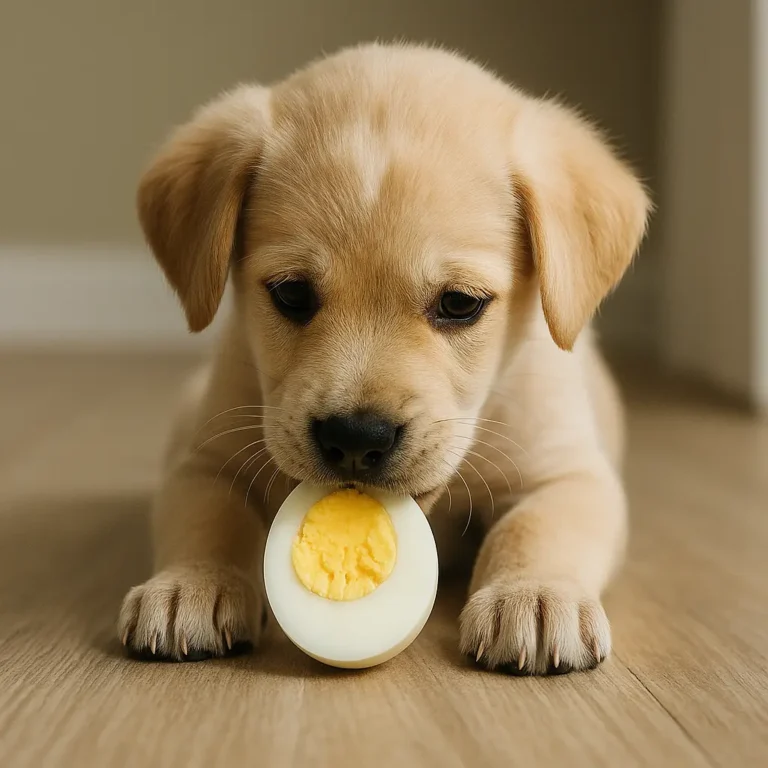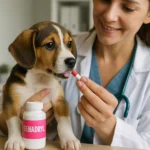If your dog has diarrhea, it’s easy to panic—but don’t! Occasional loose stools are common in dogs, and often, it’s not serious. However, knowing when to seek help and how to manage it is crucial. This guide covers everything: common causes of diarrhea in dogs, treatment tips, what to feed a dog with diarrhea, and warning signs to watch for. We’ll also explore dog diarrhea treatment options and how poop can reflect your dog’s overall health. Whether you’re asking “what can I give my dog for diarrhea?” or trying to prevent future flare-ups, we’ve got you covered.
⚠️ What Causes Dog Diarrhea? From Tummy Troubles to Health Risks
Diarrhea in dogs isn’t a disease—it’s a symptom. And just like in humans, it can have many triggers. The most common cause? Dietary indiscretion. Dogs are notorious for eating trash, spoiled food, or something they shouldn’t—like grease, bones, or rich human meals.
Other causes include:
-
Sudden food changes
-
Allergies or food sensitivities
-
Intestinal parasites (worms, giardia)
-
Viral or bacterial infections
-
Toxins (like chocolate or cleaning chemicals)
-
Stress or anxiety (especially during travel or boarding)
-
Side effects from medication
Occasional loose stools aren’t uncommon, but if your dog has diarrhea for more than 24–48 hours—or it includes blood, vomiting, or lethargy—see your vet.
Puppies, seniors, and small breeds are more prone to dehydration, making prolonged dog diarrhea more dangerous.
Remember, dog with diarrhea doesn’t always mean emergency, but it deserves attention. Keeping a close eye on frequency, consistency, and behavior will help determine the cause.
🚨 7 Top Causes of Dog Diarrhea Every Pet Owner Should Know
Not all dog diarrhea is created equal. Here are the most common causes, ranked by frequency:
-
Dietary indiscretion
A fancy way of saying “your dog ate something bad.” This is the top reason a dog with diarrhea shows up at the vet. -
Sudden diet changes
Switching dog food too quickly shocks the digestive system. -
Parasites
Roundworms, hookworms, giardia, or coccidia can cause ongoing or recurring diarrhea—especially in puppies. -
Bacterial or viral infections
Salmonella, E. coli, or parvovirus (in unvaccinated pups) are serious culprits. -
Stress diarrhea
Traveling, boarding, moving, or introducing a new pet can trigger intestinal upset. -
Food allergies or sensitivities
Some dogs react to proteins, grains, or additives, leading to chronic soft stools. -
Toxins or medications
Human meds, spoiled food, or some antibiotics can disrupt gut health.
It’s important to look at your dog’s full health picture—behavior, appetite, energy, and symptoms—alongside their stool.
Knowing these top causes of dog diarrhea helps you pinpoint the issue faster and respond appropriately. The sooner you identify the cause, the sooner you can start effective dog diarrhea treatment.
🐶 Dog Breeds More Prone to Diarrhea
Some breeds have more sensitive stomachs or genetic predispositions to diarrhea in dogs. Here are the top offenders:
Yorkshire Terriers – Prone to pancreatitis and food intolerance
Boxers – Often have gastrointestinal sensitivity
German Shepherds – Susceptible to digestive disorders like EPI
Miniature Schnauzers – At risk for fat-triggered diarrhea
Labradors – Love eating random things (a.k.a. dietary indiscretion champs)
If your dog has diarrhea often and is one of these breeds, a consistent diet, probiotics, and vet checkups are key. Preventive care is the best treatment for breed-related GI issues.
💊 Dog Diarrhea Treatment: What Works and When to See a Vet
Mild dog diarrhea often clears up with basic home care, but it’s important to treat it early before complications arise.
At-home treatment for mild cases:
-
Fasting (12–24 hours) – Let the gut rest (only for adult dogs)
-
Boiled chicken and white rice – Gentle on digestion
-
Pumpkin puree (plain) – Soothes and firms up stool
-
Probiotics – Replenish good gut bacteria
-
Plenty of fresh water – Dehydration is a serious risk
When to see a vet immediately:
-
Diarrhea lasts more than 2 days
-
Blood or mucus in stool
-
Vomiting or refusal to eat
-
Lethargy or collapse
-
Puppies, seniors, or toy breeds showing symptoms
Veterinarians may provide:
-
Anti-diarrheal medication
-
Dewormers or antibiotics (if infection is present)
-
IV fluids (for severe dehydration)
How to treat dog diarrhea depends on the cause, so never guess if symptoms worsen.
It’s crucial to observe and record stool appearance, frequency, and any recent diet changes—this helps your vet determine the best course of action for dog diarrhea treatment.
Grooming Tips
💩 What Your Dog’s Poop Says About Their Health
Your dog’s poop can reveal a lot about their health—color, texture, and frequency all matter. Noticing changes early can help you catch bigger problems before they get worse.
Here’s what to look for:
-
Brown and formed – Healthy and normal
-
Soft but shaped – Mild dietary upset
-
Loose or watery – Classic dog diarrhea
-
Yellow stool – May indicate liver issues
-
Greasy poop – Suggests malabsorption or pancreatitis
-
Bloody or black stool – Can signal bleeding or infection
-
Mucus-covered – Often points to inflammation or parasites
Consistency is key—literally. Sudden changes without explanation (no food changes, no stress) warrant a vet call.
Also watch for:
-
Straining to poop
-
Frequent small amounts of diarrhea
-
Accidents indoors (in trained dogs)
If your dog has diarrhea for over 48 hours, is acting lethargic, or shows appetite changes, get help. Stools are a snapshot of gut health.
Next time you scoop that poop, take a quick glance. Your dog’s poop may not be pretty—but it’s one of the most honest health reports they can give.
Health Tips
🥩 What to Give Dogs for Diarrhea: Vet-Approved Foods That Help
If you're asking, “what can I give my dog for diarrhea?”, these vet-recommended foods are safe, effective, and easy on sensitive stomachs.
1. Boiled white rice
Easily digestible and firming. Skip seasoning and butter.
2. Boiled chicken (no skin/bones)
Lean protein that’s gentle on the gut.
3. Plain pumpkin (canned, unsweetened)
High fiber helps regulate digestion—great for both diarrhea and constipation.
4. Bone broth
Hydrating and nutrient-rich. Ideal for picky eaters or dehydrated pups.
5. Cottage cheese or plain yogurt
Adds probiotics and protein—great in small amounts.
6. Mashed sweet potato
Soothes and firms up stool with gentle fiber.
7. Prescription bland diets
Brands like Hill’s i/d or Royal Canin Gastrointestinal are formulated for GI issues.
Start with small, frequent meals. Introduce food slowly over 12–24 hours after fasting.
What to avoid:
-
Dairy (other than yogurt)
-
Fatty or spicy foods
-
Raw meat
-
Bones
-
Treats or chews
If your dog with diarrhea is still eating and active, these foods can support recovery. But if symptoms last longer than two days—or get worse—see your vet.
Sometimes, the right food is the best dog diarrhea treatment you can offer.
FAQ
Can I give my dog Imodium for diarrhea?
Is diarrhea in dogs always serious?
Can stress cause dog diarrhea?
Is pumpkin good for dog diarrhea?
When should I worry about dog diarrhea?
Should I feed my dog if they have diarrhea?
Can diarrhea be contagious to other dogs?
What home remedy helps with diarrhea fast?
Life Tips
How to Handle Dog Diarrhea with Confidence
If your dog has diarrhea, don’t panic—be observant. Most cases are mild and respond well to rest, bland food, and hydration. Knowing how to treat dog diarrhea at home can prevent unnecessary vet visits, but always be alert for red flags. Chronic diarrhea, blood in stool, or a sudden loss of energy needs professional care. From diet changes to parasite treatment, dog diarrhea is manageable with the right information. So next time your dog’s stomach acts up, you’ll know what to give dogs for diarrhea—and when to head to the vet. A healthy gut = a happy pup! Find out 'What Dog Are You' by answering a few fun questions!

